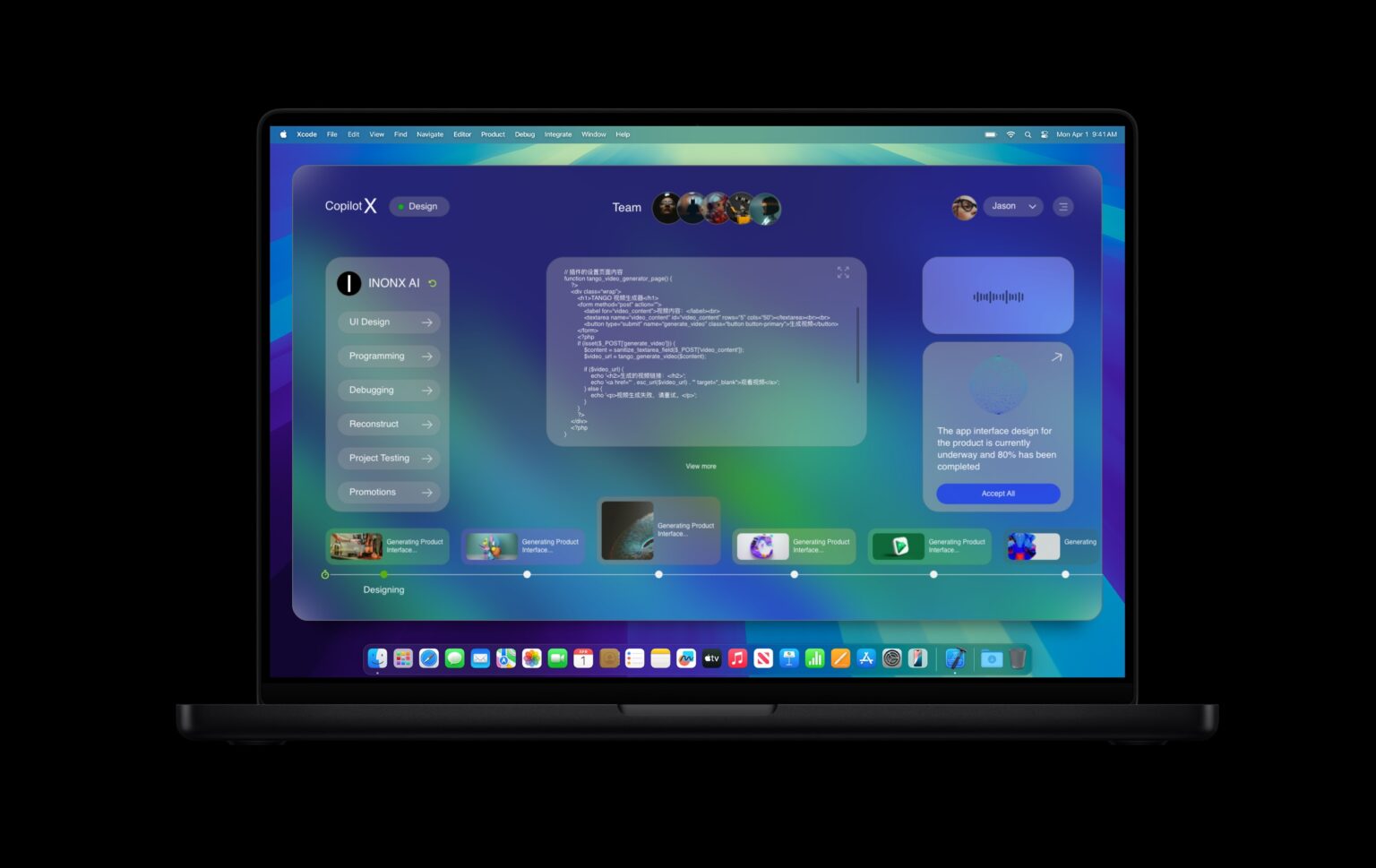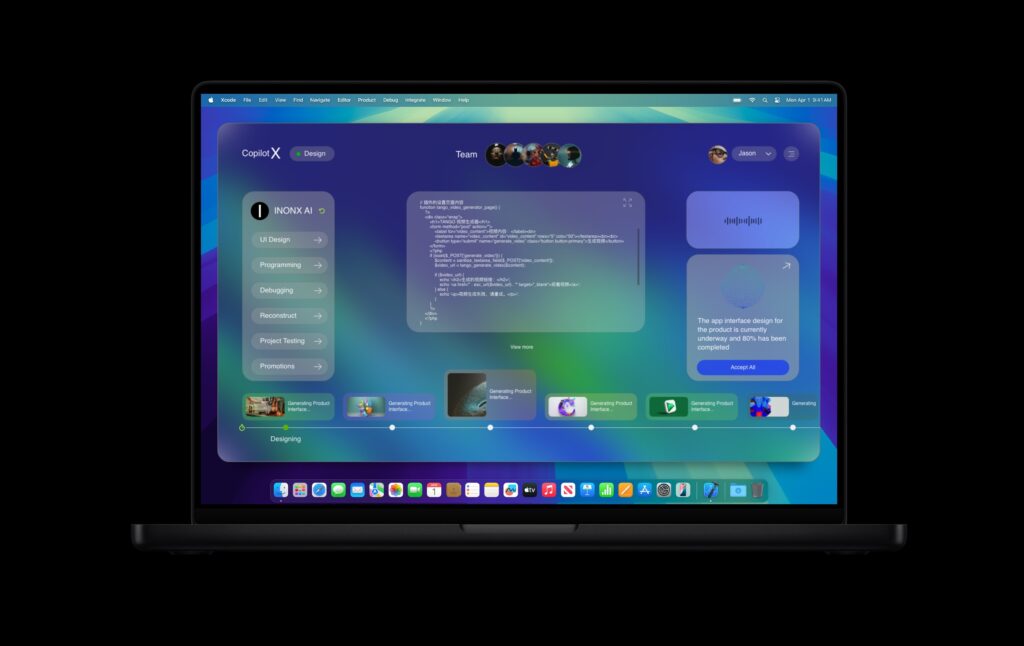In today’s fast-paced digital landscape, businesses are increasingly turning to artificial intelligence (AI) to enhance their customer interactions. One of the most transformative applications of AI is the emergence of AI-powered personalization, which enables organizations to tailor their offerings and interactions to meet the unique needs of individual customers. By leveraging advanced AI technologies, such as IBM Watson, companies are discovering innovative ways to engage customers, improve satisfaction, and ultimately drive revenue growth. This article explores the latest trends, solutions, and industry applications in AI-driven personalization and examines how AI Process Control Systems are further optimizing business processes for effective customer engagement.
AI-powered personalization essentially involves using data and algorithms to create tailored experiences for users. These personalized experiences can range from customized marketing messages to curated product recommendations, enhancing the overall customer journey. By analyzing vast amounts of data on consumer behavior, preferences, and past interactions, businesses can significantly improve their targeting and messaging. A recent McKinsey report indicated that personalized marketing has the potential to lift sales by 10% or more in many industries, highlighting the financial benefits of adopting AI-driven strategies.
With AI tools like IBM Watson, organizations are revolutionizing how they approach personalization. IBM Watson utilizes machine learning and cognitive computing to understand and predict customer behavior, thereby providing actionable insights. For instance, Watson’s Natural Language Processing (NLP) capabilities enable companies to analyze customer interactions across various channels, from social media to direct customer support. This analysis allows businesses to identify trends and adapt their communication strategies based on evolving consumer preferences, leading to more effective engagement.
Furthermore, the integration of AI-powered personalization into customer journey mapping is gaining traction. By mapping each phase of the customer experience, organizations can identify key moments where personalization can have the most significant impact. For example, leveraging data from previous purchases, feedback, and browsing history, businesses can suggest products that align with a customer’s interests, making them feel more understood and valued. Companies such as Netflix and Amazon exemplify the effectiveness of this strategy, with their recommendation algorithms consistently delivering tailored content and product suggestions that drive user engagement.
Equally important is the role of AI Process Control Systems in ensuring efficient execution of AI strategies. Companies often face challenges in managing data quality, data integration, and real-time analytics as they transition to more personalized approaches. By employing AI Process Control Systems, organizations can streamline their operations, enabling faster and more accurate decision-making processes. These systems employ AI algorithms to monitor and optimize workflows, making adjustments in real time based on incoming data. This leads to improved operational efficiency and creates a more seamless customer experience.
The convergence of process control and AI is not limited to personalization; it also plays a vital role in manufacturing, logistics, and supply chain management. For example, in manufacturing, companies can implement AI-driven process control systems to predict equipment malfunctions by analyzing data from sensors and machines. This predictive maintenance approach not only minimizes downtime but also optimizes production schedules—ensuring products are delivered based on customer demand patterns. This level of agility is critical in today’s environment, where consumer expectations for quick delivery are at an all-time high.
An industry use case that exemplifies the power of AI-powered personalization coupled with process control can be seen in the retail sector. Let’s consider a prominent clothing brand that employed IBM Watson to revamp its customer engagement strategy. By integrating Watson into its online platform, the brand analyzed customer data in real-time to predict preferences and trends based on geographic location, seasonality, and social media influence. As customers navigated the site, they encountered personalized recommendations that reflected their previous searches and purchases. Additionally, the AI system was linked to inventory management, ensuring that the suggested items were in stock, thus enhancing customer satisfaction.
The brand also harnessed the insights generated by Watson to refine its marketing campaigns. Campaigns are now targeted based on individual customer profiles rather than generic demographics. This data-driven approach has shown a marked increase in conversion rates, with a reported 20% uplift in revenue from personalized emails alone. By treating customers as unique individuals and responding to their distinct needs, the brand established deeper connections and fostered brand loyalty, which is invaluable in a competitive market.
Another compelling case is that of a major telecommunications company that utilized AI-powered personalization with IBM Watson to transform its customer service operations. By integrating Watson’s NLP capabilities into customer support chatbots, the company provided personalized assistance that resolved inquiries based on historical data of customer interactions. This led to shorter response times and a more satisfactory customer experience, with the chatbot capable of understanding context and communicating in a manner that felt natural. As a result, the company was able to reduce operational costs while increasing customer retention.
The rise of AI-powered personalization signifies a broader shift within industries as organizations realize the necessity of adapting to customer expectations. As consumers increasingly demand individualized experiences, businesses must adopt cutting-edge technologies to remain relevant. AI Process Control Systems are crucial in this evolution, enabling companies to harness extensive data analytics and machine learning in streamlining their operations.
With tools like IBM Watson, organizations are empowered to analyze customer data from multiple sources, ensuring that personalized experiences are not just available but also contextually relevant. This shift from one-size-fits-all solutions to tailored offerings marks a new era in customer engagement. By understanding customer behaviors and preferences more deeply, businesses can innovate their service models, leading to increased loyalty and improved bottom lines.
As the journey of AI-powered personalization continues, the convergence of data analytics, machine learning, and process control stands to redefine industry dynamics. Companies that embrace these technologies are not just enhancing their operational efficiencies but also delighting their customers with experiences that resonate. As the digital landscape evolves, so too will the capabilities of AI in redefining how brands interact with their audiences.
In conclusion, AI-powered personalization facilitated by systems such as IBM Watson is no longer a luxury but a necessity for modern businesses. The dual application of personalized interactions and refined process control systems creates a compelling narrative for improved customer experiences and operational excellence. As customer expectations continue to rise, the companies that leverage these tools effectively will undoubtedly lead their industries into the future.
**References:**
1. McKinsey & Company. (2022). “How personalization can drive growth in marketing.”
2. IBM. (2023). “Unlock intelligence with IBM Watson.”
3. Market Research Reports. (2023). “The Impact of AI-Powered Personalization in Retail.”
4. Deloitte Insights. (2023). “Consumer Product Trends: AI, Personalization, and Consumer Engagement.”
























